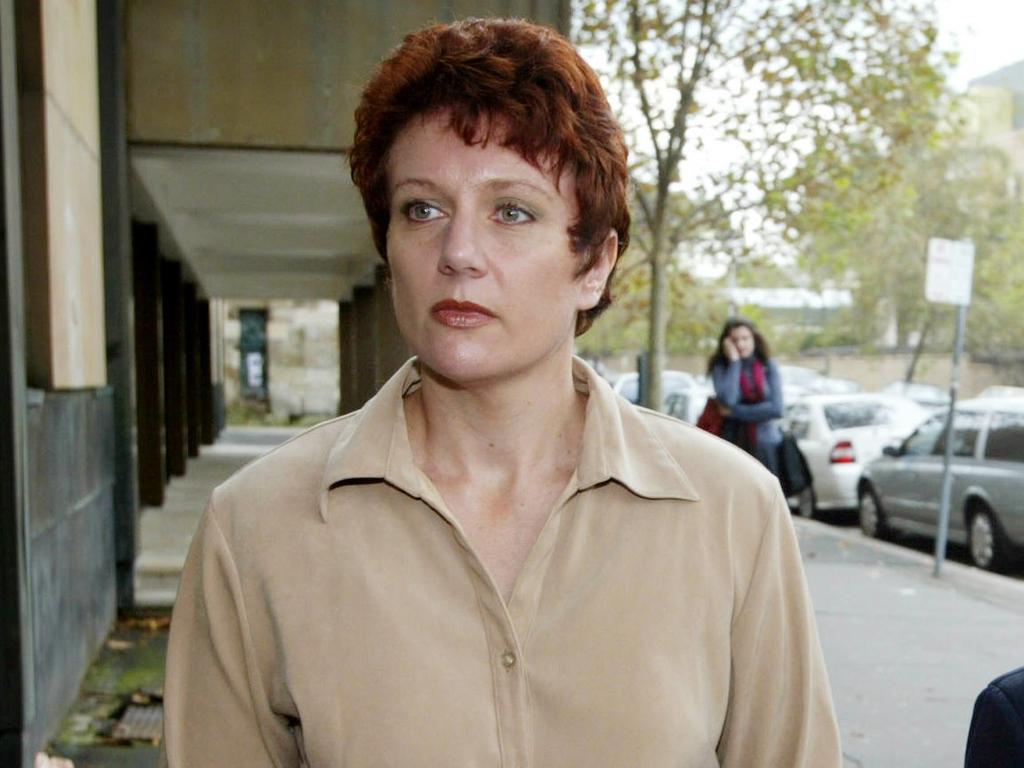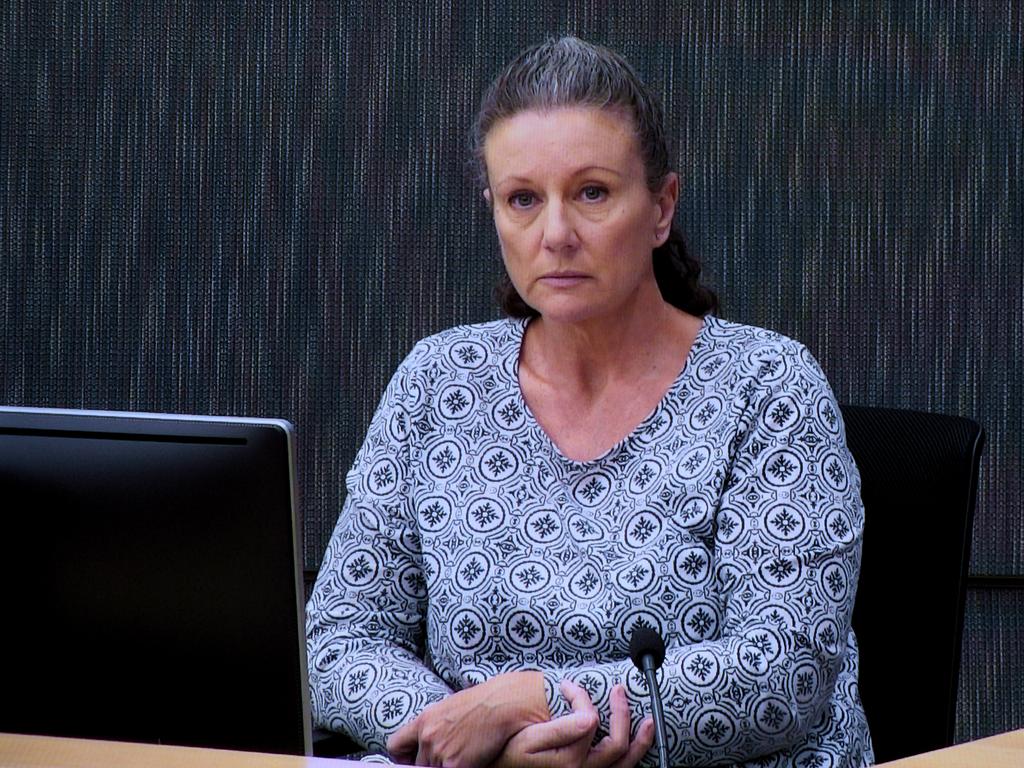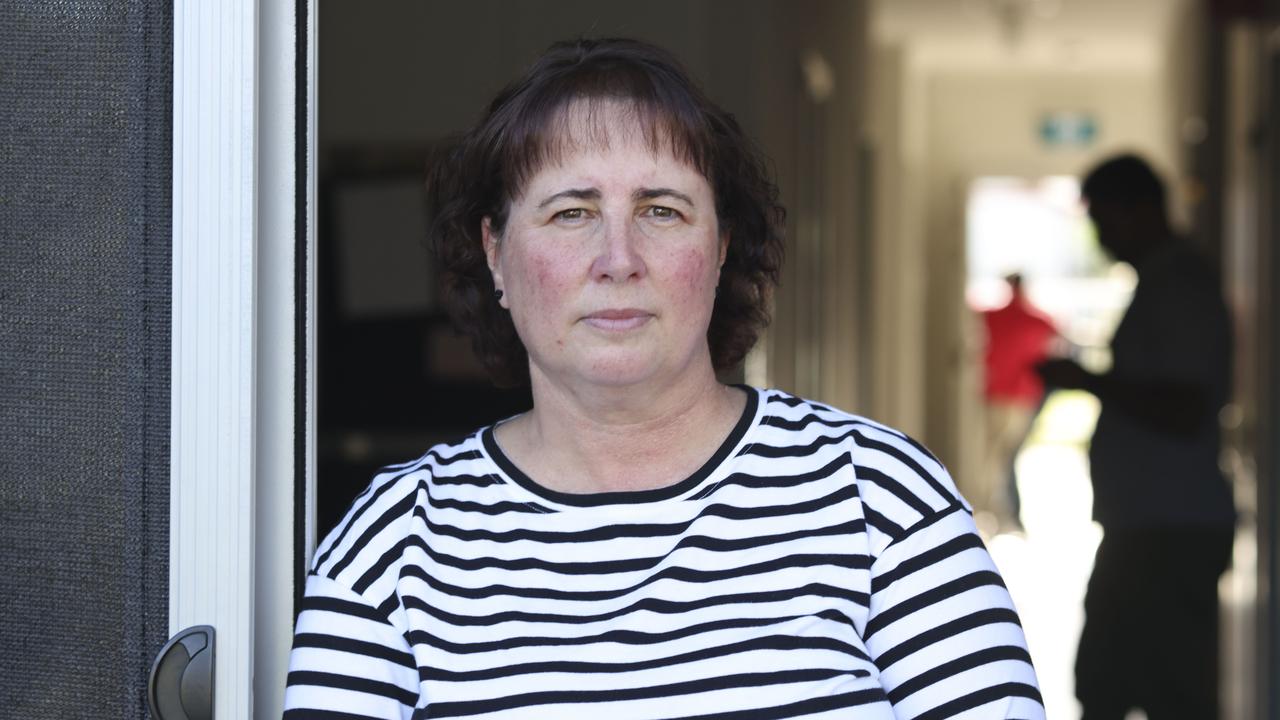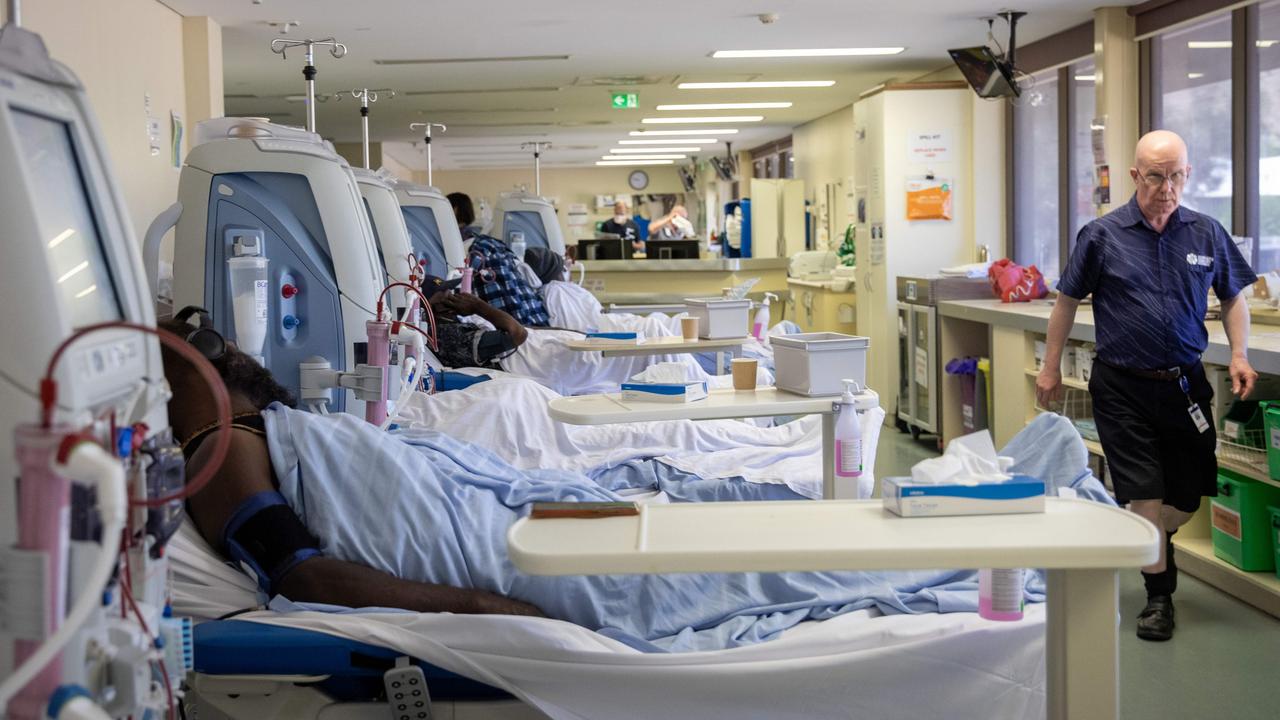Independent body concerned at how scientific expertise is sometimes handled by courts
Australia’s most distinguished science body is calling for an overhaul of the way in which scientific evidence, and expert scientific witnesses, are used in the legal system.
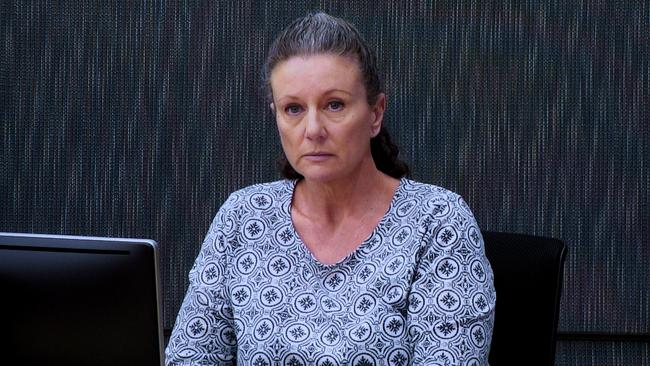
Australia’s most distinguished science body is calling for an overhaul of the way in which scientific evidence, and expert scientific witnesses, are used in the legal system.
The Australian Academy of Science, the independent scientific body whose fellows include multiple Nobel laureates and former chief scientists, is concerned at how scientific expertise is sometimes handled by courts.
“One of the big problems I believe in the system is that while the court does hear views from different science experts at the time, they are usually experts appointed by the defence and the prosecution to in a sense bolster their end case,” said academy past president and molecular biology professor John Shine.
His comments come in the lead-up to a second inquiry, due to begin in November, into the conviction of Kathleen Folbigg who was jailed in 2003 for the deaths of her four babies. Having continually maintained her innocence, she is part way through serving a 30-year sentence.
With all of Folbigg’s avenues of appeals exhausted, NSW Attorney-General Mark Speakman announced a first inquiry into her convictions in 2015, three years after receiving a petition, based on reports from four scientific experts, to claim there was fresh evidence about the children’s deaths. That inquiry reinforced Folbigg’s guilt when its report was handed down in 2019.
Since then more than 90 eminent scientists have signed a petition calling for Folbigg to be pardoned, insisting that the first inquiry’s conclusion “runs counter to the scientific and medical evidence that now exists. This is because a natural cause of death for the children has been ascribed by qualified experts.”
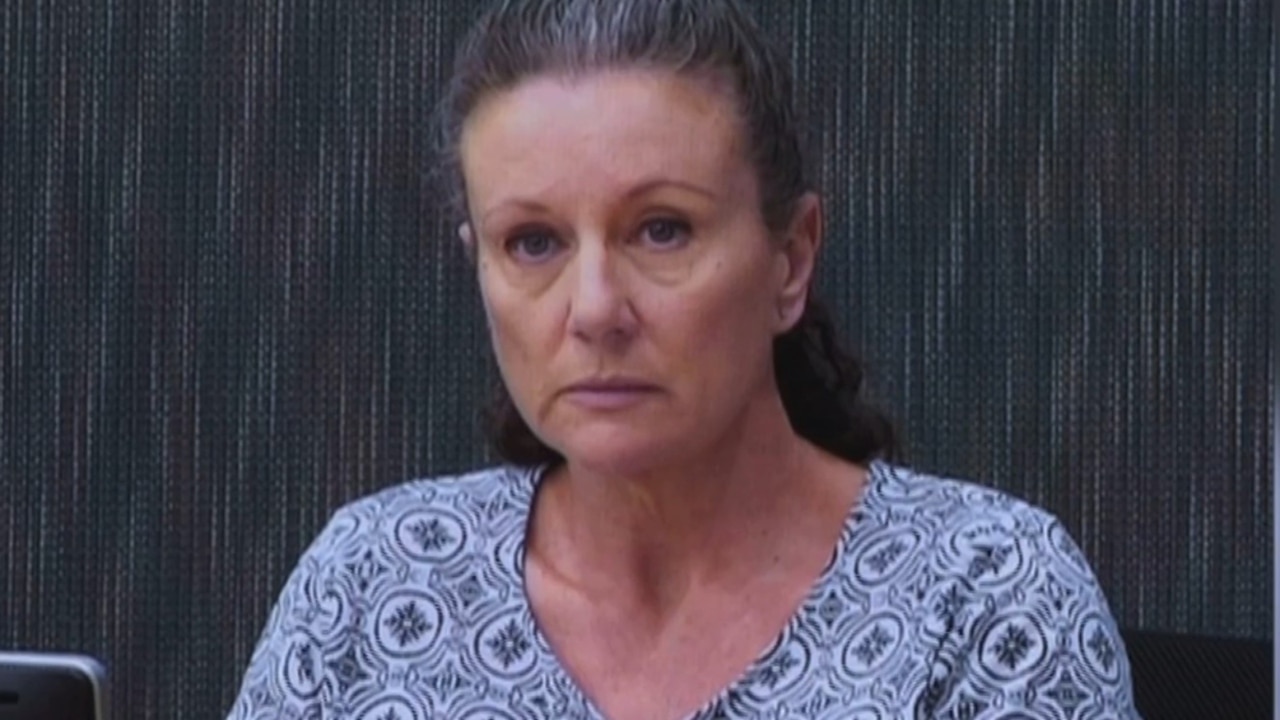
The establishment of a second inquiry, to be headed by the former chief justice of the NSW Supreme Court, Tom Bathurst, has highlighted the fact that unlike some other countries, Australia has no dedicated body to consider new scientific evidence after the appeals process ends.
“At the moment there is no mechanism so we had to rely on the petition that then went to Mark Speakman,” AAS chief executive Anna-Maria Arabia said. “That’s inappropriate because for any elected member of parliament they don’t wish to have that burden.”
New Zealand established a criminal case review commission two years ago following concerns, from a variety of groups including forensic scientists, about the quality of some investigations into potential miscarriages of justice.
The UK commission is led by 12 independent experts who can arrange for new expert evidence and DNA testing. In the 25 years since its inception, the CRCC has reviewed close to 30,000 cases. Nearly 800 have subsequently been referred back to court, of which more than 500 appeals have been allowed.
The AAS is also calling for the establishment of an independent body to advise which domain of science is required when experts testify in court.
While scientists’ knowledge should be examined and debated, “pitching them up against one another doesn’t help a judge understand the science,” Ms Arabia said.
“How can a judge possibly know which is the best sub-discipline when we now have so many sub-disciplines? It’s not just chemistry and physics today.”
The academy has been confirmed as an independent scientific adviser at the second Folbigg inquiry, where it has been granted leave to appear and will be represented by a lawyer.


